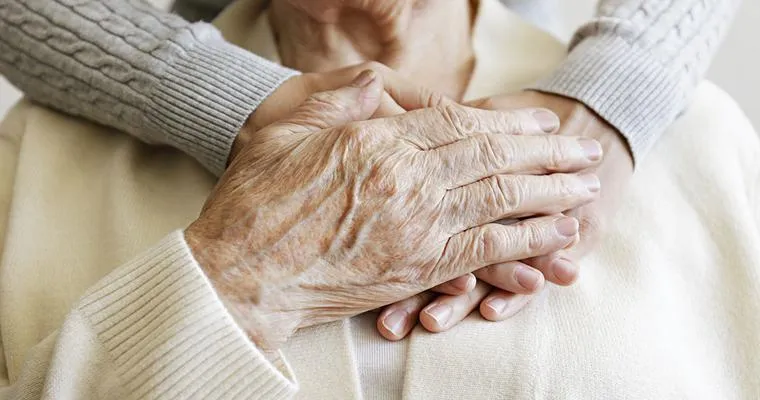Making "caregiving decisions" can be an emotionally charged and complex process. Whether you are a family member, a friend, or a professional caregiver, the choices you face can often feel overwhelming. These decisions impact not only the well-being of the "loved ones" you care for but also your own emotional health. Understanding the intricacies of caregiving and the emotional weight of these choices is crucial for anyone involved in this challenging journey.
When it comes to caregiving, the stakes are incredibly high. You may find yourself deciding between various types of care options, such as in-home care or assisted living facilities. Each choice carries its own set of pros and cons, and the implications can be significant. For instance, choosing in-home care allows your loved one to remain in a familiar environment, but it may also require a greater time commitment from you or other family members. On the other hand, moving to a facility may provide more comprehensive support, but it can also lead to feelings of isolation or loss of independence for the person you are caring for.
One of the most heartbreaking aspects of caregiving decisions is the emotional toll they take. You may feel guilt for wanting to prioritize your own needs, or anxiety over whether you are making the right choices for your loved one. It is essential to recognize that these feelings are normal. Seeking support from other caregivers or mental health professionals can provide you with valuable perspective and coping strategies.
Another layer of complexity in caregiving decisions involves "financial considerations". Many families face the harsh reality of navigating the costs associated with long-term care. This can lead to difficult conversations about financial resources, insurance coverage, and potential sacrifices that may need to be made. The stress of these financial burdens can compound the emotional strain, making it even more challenging to arrive at a decision that feels right.
Communication is key in the caregiving process. Engaging in open and honest conversations with your loved one can help clarify their preferences and desires. This not only fosters a sense of autonomy for the person receiving care but also strengthens the relationship between caregiver and recipient. Discussing options together can alleviate some of the heartache associated with decision-making, allowing for a more collaborative approach.
Ultimately, caregiving decisions can be heartbreaking, but they are also an opportunity to express love and compassion. Every choice made with care reflects the deep bond shared between you and your loved one. Embracing the journey, with all its challenges and rewards, can lead to a fulfilling experience even in the face of difficult decisions.
In conclusion, navigating caregiving decisions requires a balance of "empathy", "communication", and practical considerations. While the process can be heartbreaking, it is also a testament to the strength of human relationships and the lengths we go to care for those we love. Remember, you are not alone in this journey. Seeking support, both emotionally and practically, can help ease the burden and lead to more informed and compassionate caregiving choices.





